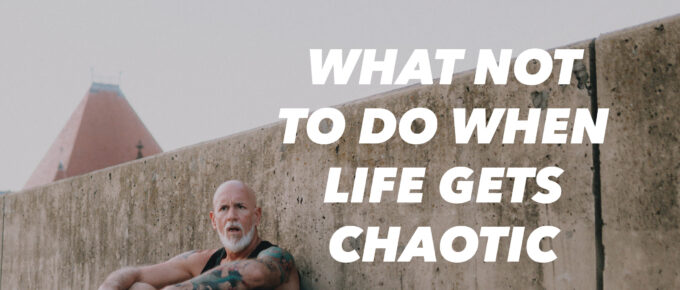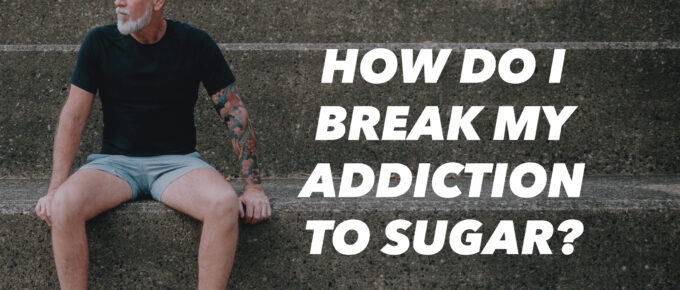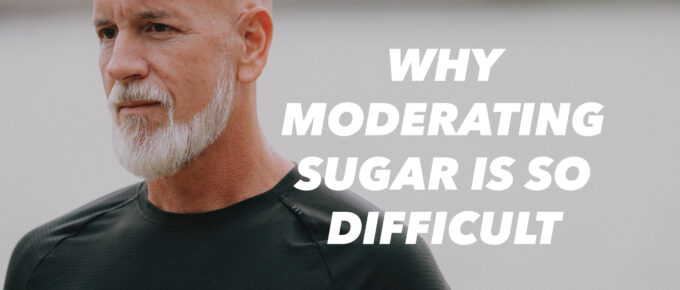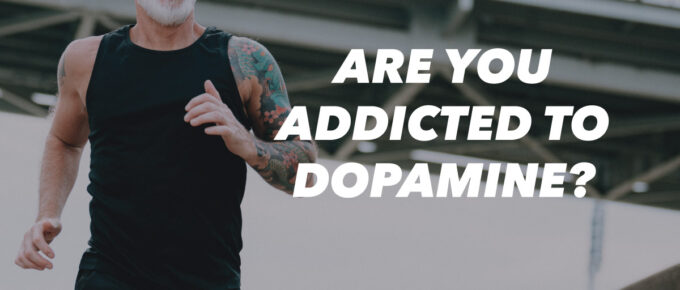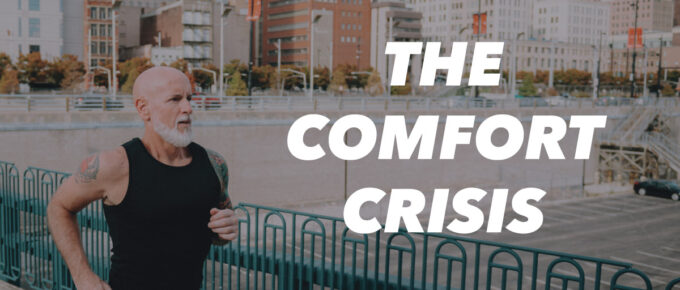No matter how hard we try to control all the circumstances of our lives, eventually, things get a little out of control. Your boss increases your workload, the kids are riddled with extracurricular …
Continue Reading about 196. What Not to Do When Life Gets Chaotic →

